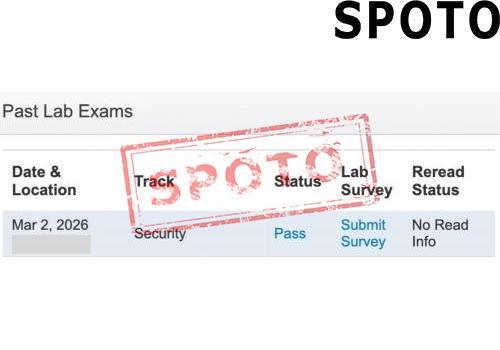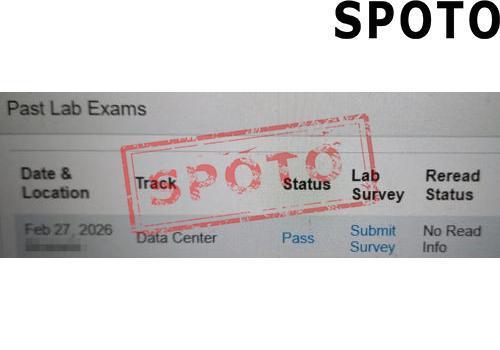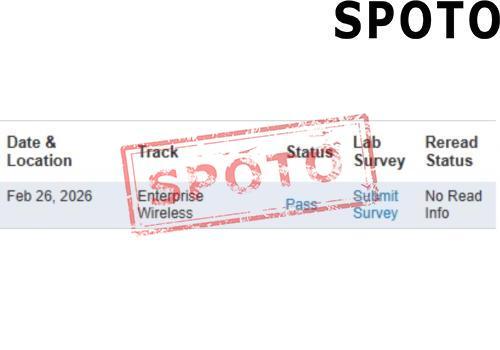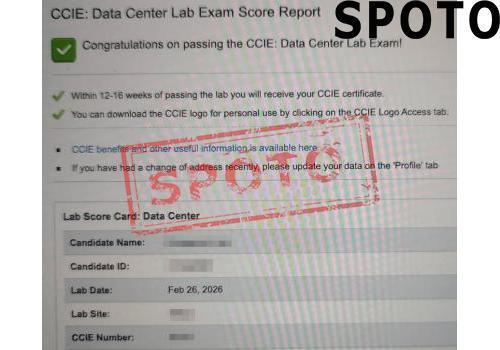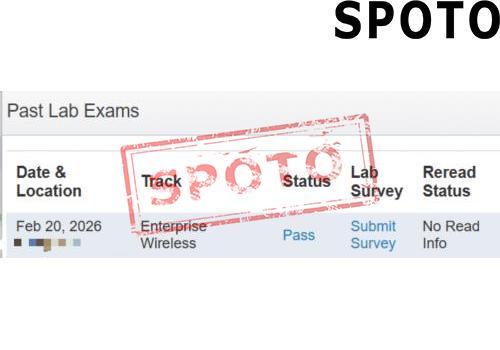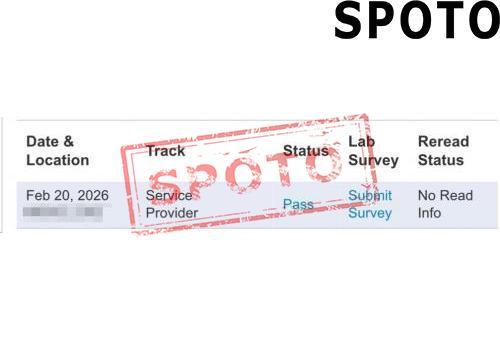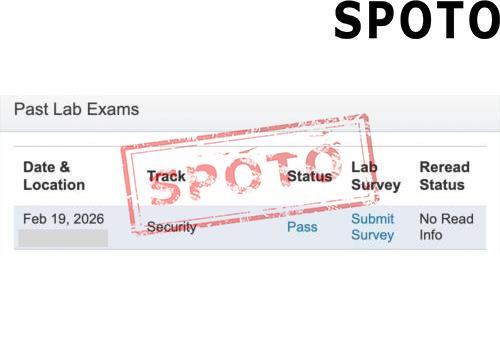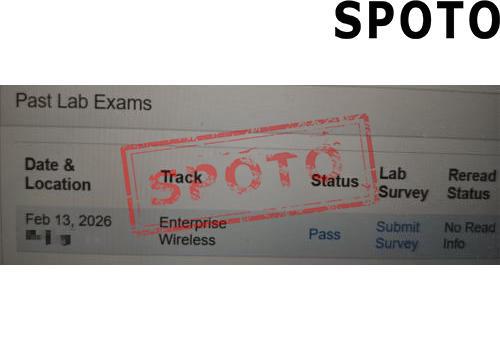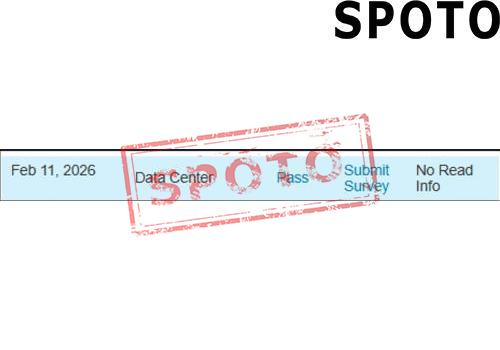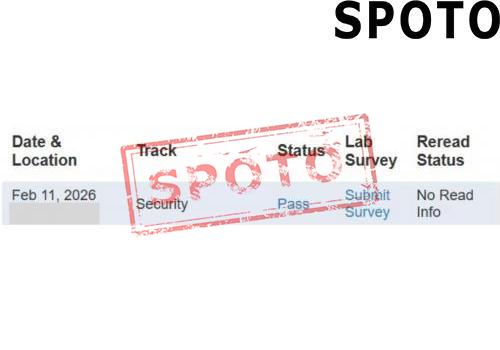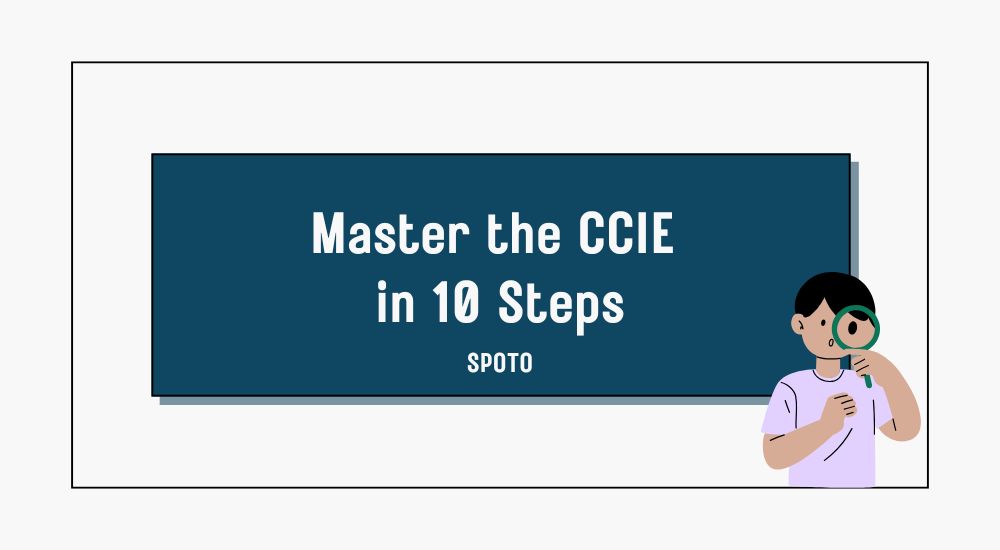
Earning the Cisco Certified Internetwork Expert (CCIE) is no small feat. It's one of the most respected certifications in the IT industry, often considered a symbol of networking mastery. However, achieving it requires more than just studying—it's a marathon that demands strategic planning, dedication, and hands-on expertise. If you're ready to tackle this challenge, here's a practical, step-by-step guide to mastering the CCIE without needing a magic wand.
1. Understand What CCIE Entails
Before diving in, research what the CCIE certification covers. Choose your track—be it Enterprise Infrastructure, Security, Collaboration, Data Center, Wireless, or Service Provider—and familiarize yourself with its scope. Knowing the expectations will help you plan effectively.
2. Set Clear Goals and Deadlines
CCIE preparation can be overwhelming if you don't have a roadmap. Break your study journey into manageable milestones. For example:
- Month 1–3: Core theoretical concepts.
- Month 4–6: Lab practice and exam strategy.
Define a realistic timeline that considers your current knowledge, work commitments, and lifestyle.
3. Build a Solid Foundation
The CCIE exam assumes expertise in networking basics. If you lack strong foundational skills, revisit topics like:
- IP addressing and subnetting.
- Routing and switching basics.
- Network protocols like OSPF, BGP, and EIGRP.
Having certifications like CCNA or CCNP is often helpful before attempting the CCIE.
4. Invest in Quality Study Materials
Quality trumps quantity when it comes to CCIE prep resources. Focus on:
- Cisco's official certification guides.
- Lab manuals and workbooks tailored to your chosen track.
- Online courses from trusted platforms like Cisco Learning Network or SPOTO.
5. Prioritize Hands-On Practice
The CCIE exam emphasizes practical skills. Setting up your own lab is critical. Use tools such as:
- Cisco Packet Tracer: Ideal for beginners.
- GNS3 or EVE-NG: Advanced emulation platforms for real-world configurations.
- Cisco DevNet Sandbox: Offers free virtual labs to practice on Cisco devices.
Mastering configurations and troubleshooting in lab scenarios will significantly boost your confidence.
6. Join a Study Group or Forum
Collaborating with others can make a big difference in your learning. Join CCIE-focused communities like:
- Cisco Learning Network.
- CCIE forums on Reddit.
- Local or virtual study groups.
You'll gain insights, clarify doubts, and stay motivated by connecting with peers on the same journey.
7. Practice Subnetting and Protocol Mastery
Subnetting is a cornerstone of networking and will appear in almost every track. Dedicate time to solving subnetting problems until it becomes second nature. Similarly, master protocols like OSPF, BGP, MPLS, and their troubleshooting aspects.
8. Take Mock Exams
Mock exams are vital for gauging your readiness. They replicate the exam's complexity and time pressure, allowing you to refine your skills. Some platforms offering reliable mock tests include:
- Cisco's practice labs.
- SPOTO or Boson's practice exams.
Aim to consistently score 85% or higher before attempting the actual exam.
9. Focus on Time Management
The CCIE exam is known for its length and complexity, especially the 8-hour lab test. Develop a time management strategy to avoid getting stuck on a single problem during the exam. Practice solving scenarios within strict time limits to build this skill.
10. Embrace Discipline and Resilience
The CCIE journey isn't just about technical skills; it tests your patience and determination. To stay on track:
- Create a daily or weekly study schedule and stick to it.
- Take breaks to avoid burnout.
- Reward yourself for hitting milestones.
Is It Worth It?
Absolutely! Achieving the CCIE certification can open doors to senior-level roles, such as network architect or consultant, and significantly increase your earning potential. It's a testament to your expertise, placing you among the elite in the IT networking world.
Final Thoughts
Mastering the CCIE is challenging but achievable with a structured approach, hands-on practice, and unwavering commitment. While there's no magic wand, following these 10 steps will guide you toward success. Remember, it's not just about passing the exam; it's about gaining knowledge that will shape your career.
